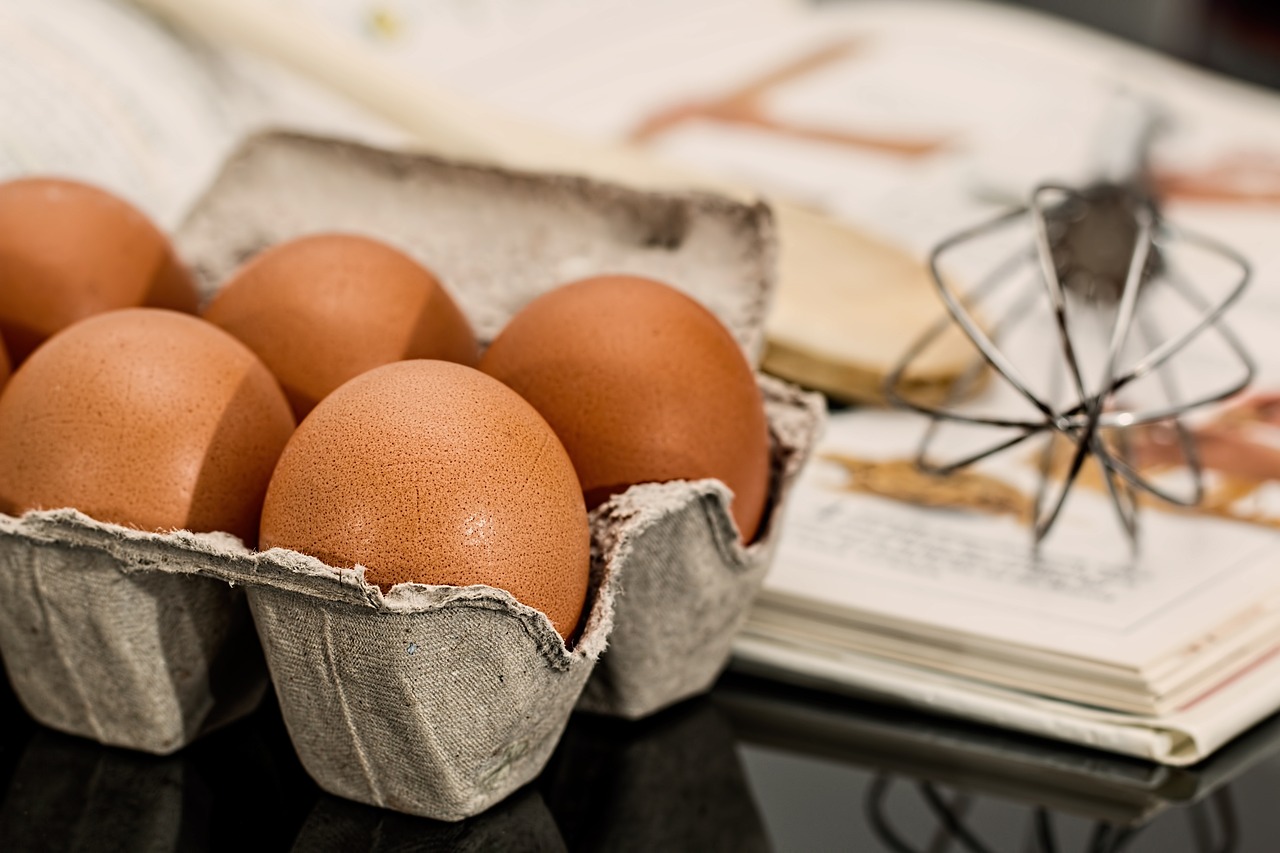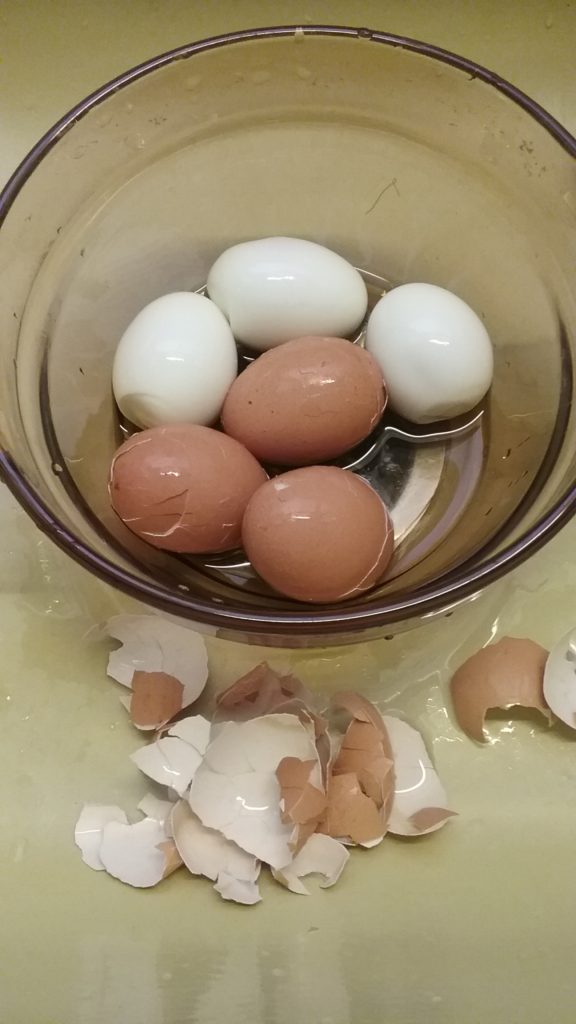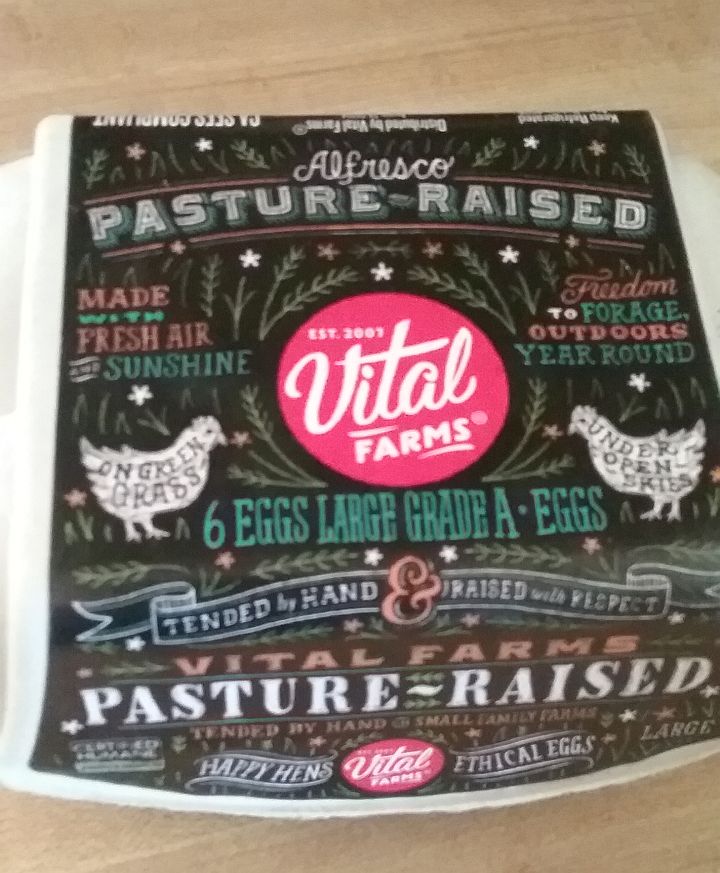

Inside Mandy’s brain, electrical impulses were moving like branches of lightening without much of a pattern, and a feeling of confusion came over me as I shifted into place. Mandy’s human had come asking me to tune into her 3-year-old hound dog and find out what was going on.
Even though she was a young dog, she was lethargic. She seemed to be sleeping way too much.
In picture after picture, Mandy showed me things she was confused about. She was a smart dog but she couldn’t quite process certain commands. And she had lost her young confidence; lost due to her confusion about what was the right thing to do.
I got the clear message to take a look at her diet and find out what was missing.
Talk to Me
Shifting back to Mandy’s perspective, I looked down into the empty food bowl and waited.
“Show me,” I told her telepathically.
A variety of colors popped up in the bowl. Deep orange carrots, light yellow sweet potato, deep orange yam, green peas, and other colorful vegetables appeared.
Part of what Mandy was showing me was that she needed more color in her bowl. After taking a look at the label on her food, her person and I discovered that the food she was being offered contained about 26% protein and the young dog needed more like 50 to 60% protein to feel balanced.
News Flash
Later in the day as I was making deviled eggs, I was reminded that both eggs and eggshells are a great source of calcium for both dogs and cats. You can just bake (10 minutes at 350 degrees) and pulverize the eggshells to make a super natural calcium powder supplement to sprinkle on food. Read more about eggs for your animal friends here from Dr. Karen Becker. Pet Food Facts: Egg Protein.
The Good Egg
One pasture-raised egg has 70 calories and 6 grams of protein, says the USDA. And pasture-raised eggs contain more omega-3 good fats than conventional eggs, good for humans and animals alike. A great ethical source for eggs that come from happy chickens is here at Vital Farms.
The Body Knows
My practice talking with animals has always taught me that the body reacts negatively to foods that come from traumatized animals. So ethical sourcing of food is important for both human and animal health. Reading the labels on your dog or cat foods is essential because an attention to your animal’s dietary needs will make for a long and happy relationship between you and your precious pets. #

More From Dr. Becker
Can Dogs Eat Egg Shells?
“Dogs have the ability to digest eggshells, so it’s safe to feed them this part of the egg. In fact, eggshells contain eggshell membrane, which naturally supports cartilage and joint health. Eggshells are also rich in calcium and adding them to your dog’s other meals is a natural way of supplementing their calcium intake. It’s also a beneficial strategy if your dog has difficulty chewing bones.26 Eggshells should not be supplemented in excess, unless you are using them as a specific calcium supplement in a nutritionally complete homemade diet.”
Are Eggs Good for Cats?
“Evidence shows that cats and dogs can safely eat eggs, and that they could benefit from this food. You may feed eggs as a treat, or as an addition to your pet’s diet (as long as the servings are managed appropriately). Take care, however, when purchasing eggs because they may contain foodborne microbes. Make sure that you’re using only pasture-raised eggs. They’re safer and healthier for your pet, and for you as well.”
